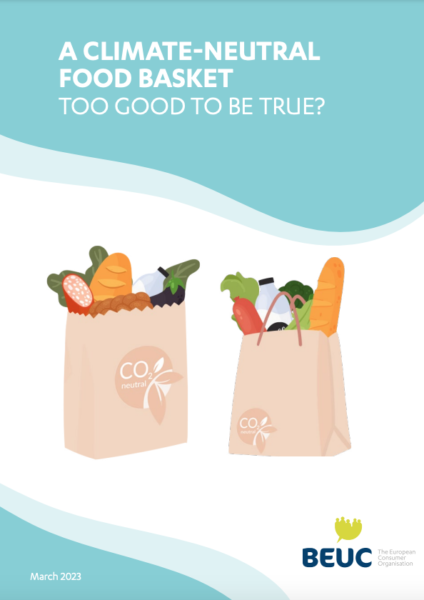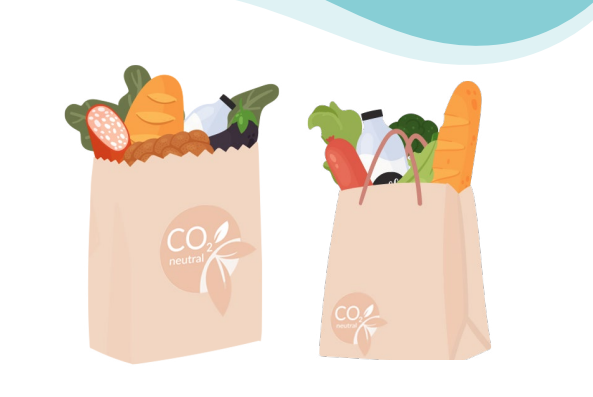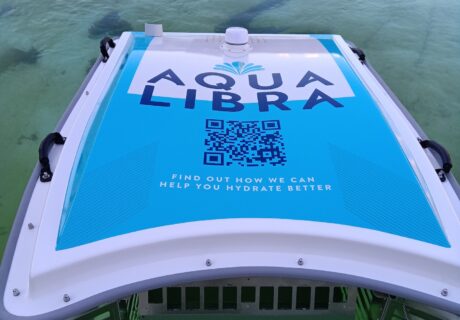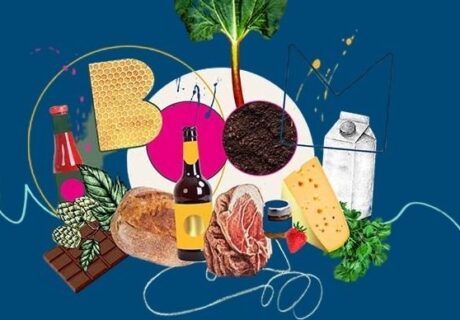The European Consumer Organisation (BEUC) is calling for an ‘outright ban’ on the use of carbon neutral claims for all food and drink products.
BEUC says terms such as ‘carbon neutral’, ‘CO2 neutral’, ‘carbon positive’ and ‘carbon neutral certified’, while common on supermarket shelves, are ‘scientifically inaccurate’ and misleading to consumers.
 The statements come in a report produced by BEUC, A climate-neutral food basket – too good to be true?, in which the organization argues that claims around carbon neutrality are ‘unfairly confusing’ to environmentally conscious consumers.
The statements come in a report produced by BEUC, A climate-neutral food basket – too good to be true?, in which the organization argues that claims around carbon neutrality are ‘unfairly confusing’ to environmentally conscious consumers.
The production of all food and drink, it says, ‘will always necessitate the emission of carbon’; any claims which state otherwise give ‘a false impression that the products are a good choice for the climate’. Further, pushing consumers towards seemingly ‘carbon neutral’ products can ‘deter’ them from shifting to a more plant-based diet, which the organization says ‘could achieve much more significant climate impact overall’.
“Consumers should in the first place not be exposed to such deceptive practices and that is why BEUC is calling for such claims to be banned in the EU.”
The report goes on to say that national authorities are too slow to handle complaints about deceptive marketing, so that by the time action is taken the harm of climate greenwashing has already been done.
There is no such thing as a ‘CO2 neutral’ banana … It’s a smoke screen
Monique Goyens, director general of BEUC, comments: “There is no such thing as a ‘CO2 neutral’ banana or plastic water bottle. Carbon neutral claims are greenwashing, pure and simple. It’s a smoke screen giving the impression companies are taking serious immediate action on their climate impact. The truth is they are delaying action for many years by ‘compensating’ their carbon emissions instead. Planting trees which will take decades to grow is far easier and cheaper, yet significantly less effective, than cutting emissions from their current climate-harmful activities.
“Green marketing messages such as ‘carbon neutral’, ‘CO2 neutral’, or ‘carbon positive’ are doing more harm than good. For climate-damaging meat or dairy products, such positive-sounding claims are bound to encourage a status quo in consumption habits. This is utterly counterproductive at a time of climate emergency when consumers are hungry for reliable and meaningful information to help them adopt more environmentally friendly diets. The EU must seize the legislative opportunities in the coming weeks to weed out carbon-neutral claims from the market.”





